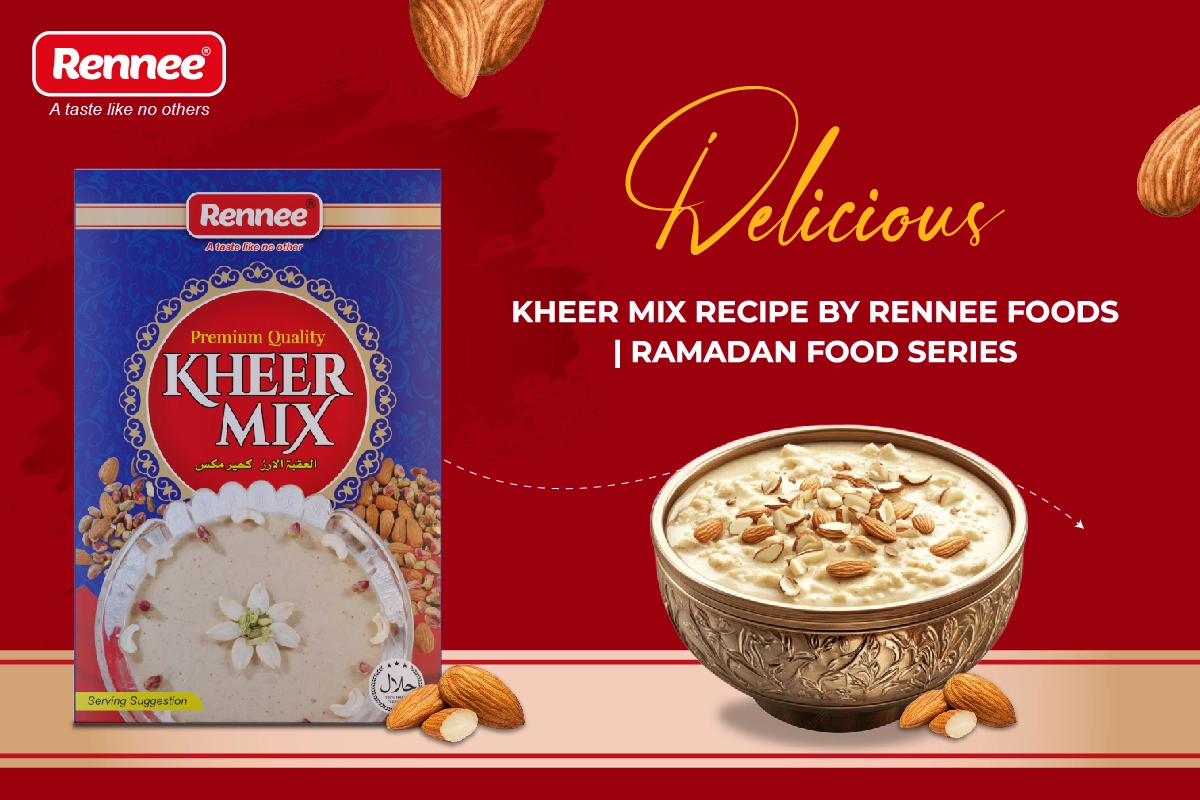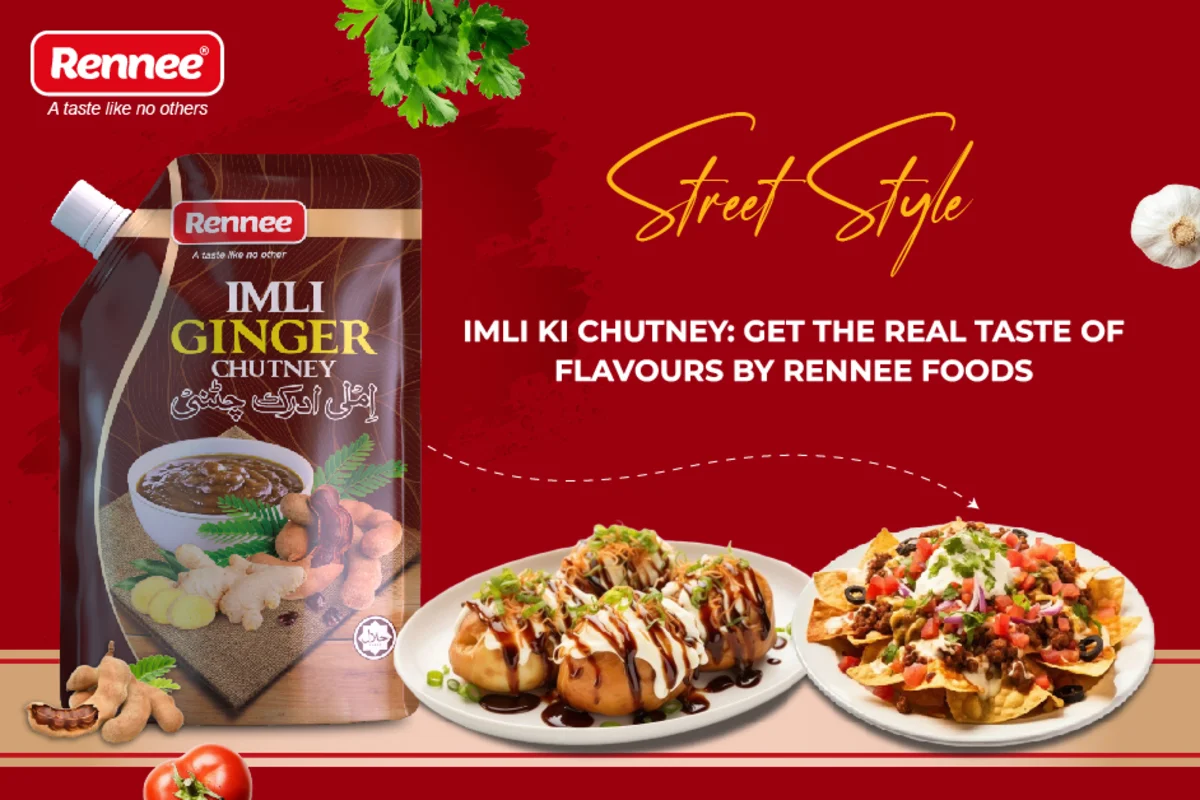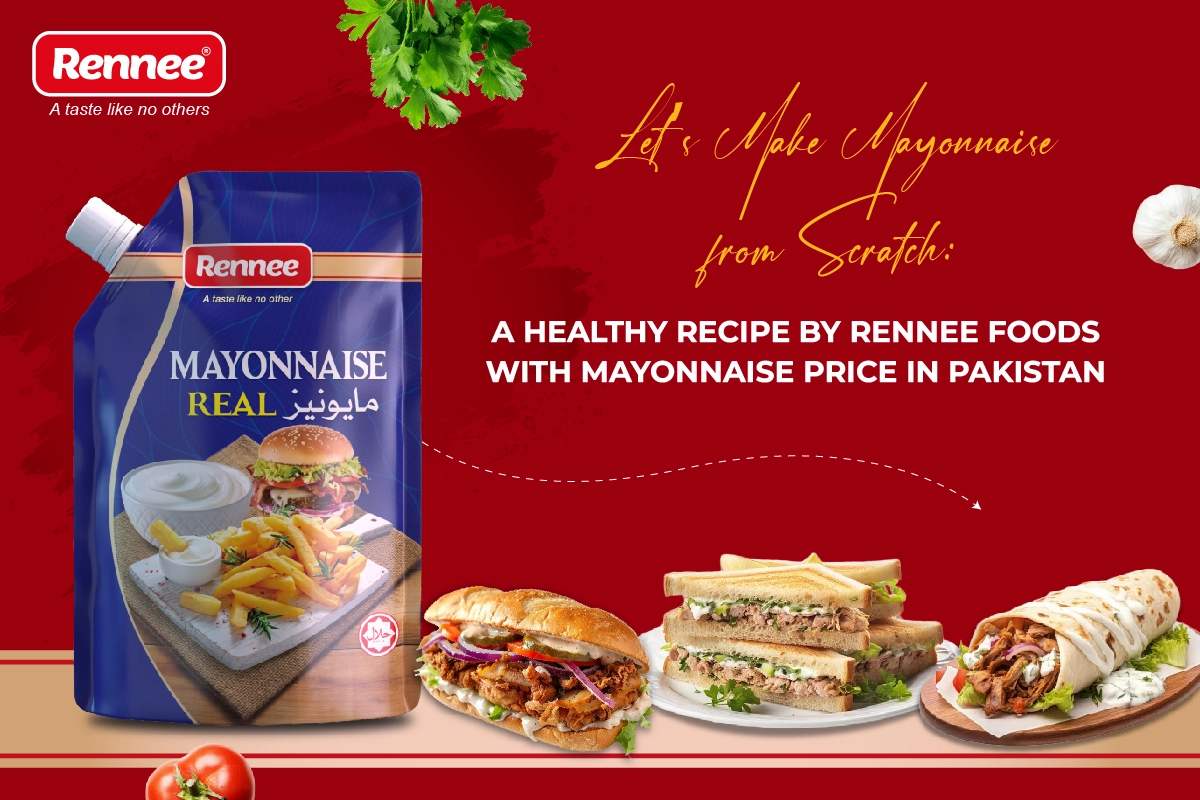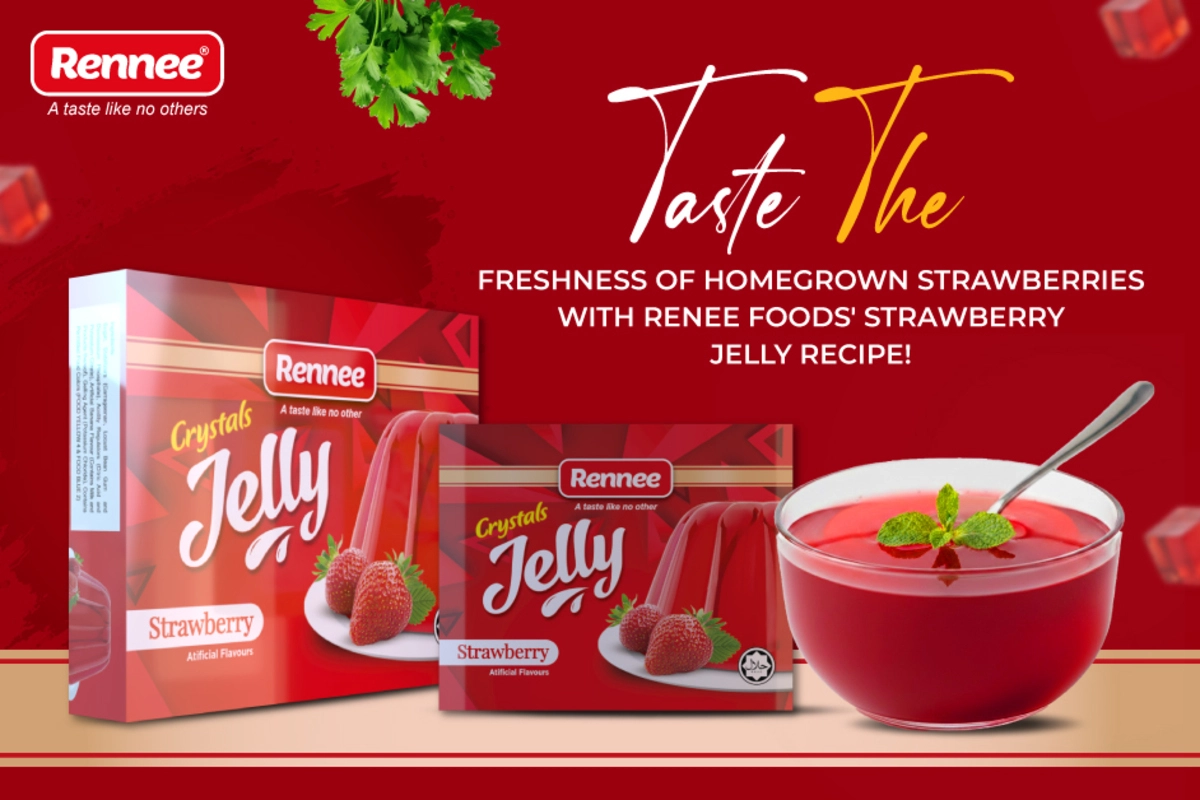What are the condiments?
Condiments are flavor-enhancing sauces, spreads, or seasonings added to food. Popular examples include ketchup, mayonnaise, mustard, soy sauce, hot sauce, barbecue sauce, and vinegar. They enhance taste, texture, and aroma, making dishes more enjoyable. Condiments vary across cultures, with different ingredients and spice levels suited to regional cuisines.
Condiments can also include seasoning mixtures like salt, pepper, and various spice blends that enhance the overall profile of a dish. They can transform simple meals into gourmet experiences, allowing for personal customization and creativity. Whether enhancing a sandwich, dressing a salad, or complementing a main course, condiments play a vital role in food enjoyment and expression.
List of Condiments
- Ketchup
- Mayonnaise
- Mustard
- Soy Sauce
- Hot Sauce
- Barbecue Sauce
- Vinegar
What is the Best Condiment?
Ketchup is the best condiment, widely loved for its sweet and tangy flavor. It pairs perfectly with fries, burgers, and sandwiches, making it a global favorite in households and fast-food chains.
Tomato Ketchup
Rennee Food’s Tomato Ketchup is beloved for its sweet and tangy flavor, making it a staple for burgers, fries, and more. Its rich taste enhances a variety of foods, and it can even serve as a base for sauces and marinades, appealing to both kids and adults alike.
Mayonnaise
Mayonnaise offers a creamy texture that pairs well with many dishes, from sandwiches to salads. Its versatility allows it to be transformed into dressings and dips, making it an essential ingredient in many kitchens. With various flavor variations available, mayonnaise caters to diverse palates.
Soy Sauce
Soy Sauce is a cornerstone in Asian cuisines, known for its savory depth and umami richness. It enhances the flavors of stir-fries, marinades, and soups, and its adaptability allows it to be used in various culinary contexts, making it a favorite among food enthusiasts.
What Condiments Are Healthy?
When it comes to health-conscious choices, several condiments stand out for their nutritional benefits:
Mustard
Mustard is low in calories and fat while delivering a punch of flavor. Its vibrant taste can elevate sandwiches, burgers, and dressings without adding excessive calories, making it an excellent choice for those watching their diet.
Salsa
Salsa is not only fresh and delicious but also nutritious, especially when homemade. Packed with vegetables like tomatoes, onions, and peppers, it offers vitamins and antioxidants. Salsa is a versatile condiment that can enhance tacos, grilled meats, and salads while keeping calories in check.
Hummus
Hummus serves as a healthy alternative to mayonnaise, providing a creamy texture with the added benefit of being rich in protein and fiber. Made from chickpeas, tahini, and olive oil, hummus can be used as a dip or spread, making it a satisfying choice for health-conscious individuals.
Vinegar
Vinegar is a low-calorie condiment that can enhance salads and marinades. It has been linked to various health benefits, including aiding digestion and potentially stabilizing blood sugar levels. Different types, like balsamic or apple cider vinegar, can add unique flavors to dishes.
Greek Yogurt
Greek Yogurt is a creamy alternative to sour cream and is high in protein. It can be used in dips, dressings, or as a topping, providing a healthier option that contributes to daily protein intake while offering a rich and satisfying texture.
These condiments not only enhance the flavor of meals but also contribute positively to a balanced diet, making them excellent choices for health-conscious consumers.
What Condiments Are Keto-Friendly?
When following a keto diet plan, it’s essential to choose condiments that are low in carbohydrates while still adding flavor to your meals. Here are some excellent keto-friendly options:
Mustard
Mustard is a fantastic choice for keto dieters. Most mustard varieties contain minimal carbs and are packed with flavor. Whether you prefer yellow, Dijon, or spicy brown, mustard can elevate sandwiches, salads, and meats without adding unwanted sugars.
Mayonnaise
Mayonnaise is another keto favorite due to its high fat content and low carbohydrate count. Made primarily from eggs and oil, it serves as a creamy base for dressings, dips, and sauces. Just be sure to choose brands without added sugars or make your own at home.
Hot Sauce
Hot Sauce can be a great addition to your keto meals, as it usually contains minimal carbs. With its spicy kick, hot sauce enhances the flavor of meats, eggs, and vegetables, making it a versatile condiment for various dishes.
Salsa
Salsa can be keto-friendly, but it’s important to check the ingredients. Opt for fresh, homemade salsa to ensure it’s low in sugar. Salsa made with tomatoes, onions, and peppers provides flavor without too many carbs, making it suitable for topping grilled meats or as a dip.
Olive Oil and Vinegar
Olive Oil and Vinegar are excellent for dressings and marinades. Olive oil is high in healthy fats, while vinegar adds tanginess without any carbs. Combining them can create a delicious dressing for salads and roasted vegetables.
By choosing these keto-friendly condiments, you can enjoy flavorful meals while staying within your carbohydrate limits.
Common Questions Regarding Condiments
Is Peanut Butter a Condiment?
Yes, peanut butter can be considered a condiment, as it enhances the flavor of various dishes beyond just being a spread for sandwiches. While often associated with classic combinations like peanut butter and jelly, it also adds creaminess and a rich, nutty taste to sauces, dressings, and dips.
Additionally, it can be drizzled over fruits or used in smoothies and as a topping for pancakes and waffles. Nutritionally, peanut butter offers healthy fats, protein, and essential vitamins, though it’s best to choose varieties without added sugars or oils for the healthiest option. Its versatility makes peanut butter a popular condiment in many culinary contexts.
Is Salt a Condiment?
Yes, salt is considered a condiment, as it is commonly used to enhance the flavor of food. It plays a crucial role in cooking and food preparation, helping to bring out the natural flavors of ingredients. Salt can be added during cooking or used as a finishing touch at the table, making it a versatile seasoning. While it may not have the complexity of sauces or spices, its essential role in flavor enhancement and preservation firmly establishes salt as a fundamental condiment in cuisines around the world.
Is Honey a Condiment?
Definitely! Honey is indeed a condiment, known for its delightful sweetness and unique flavor profile. It’s often used to complement a wide range of dishes, from drizzling over oatmeal and yogurt to enhancing marinades and glazes for meats. Honey’s versatility allows it to shine in both sweet treats and savory recipes, making it a staple in many households.
Furthermore, its natural origin and potential health benefits, such as soothing sore throats and providing antioxidants, elevate its status beyond just a sweetener. Whether used in baking or as a finishing touch, honey brings a special touch to countless culinary creations.
Is Ranch a Condiment?
Ranch dressing fits the definition of a condiment, recognized for its smooth texture and flavorful profile. Its rich blend of buttermilk, garlic, and herbs makes it a favorite for dipping fresh vegetables, crispy chicken wings, and chips. Beyond its role as a dip, ranch dressing elevates salads, providing a creamy layer of flavor that enhances even the simplest greens. Its popularity in gatherings and casual meals showcases its versatility, making ranch an essential condiment in many kitchens. Whether enjoyed at a barbecue or drizzled over a salad, ranch dressing is loved for its ability to complement a wide range of dishes.
Is Jelly a Condiment?
Yes, jelly fits the description of a condiment. Its sweet, fruity flavor makes it perfect for spreading on toast, glazing meats, filling desserts, and even enhancing salad dressings. While often seen as a breakfast staple, its versatility allows it to complement both sweet and savory dishes, making it a favorite in kitchens everywhere. Whether it’s grape, strawberry, or another flavor, jelly adds a delightful touch to many culinary creations.
Are Pickles a Condiment?
Pickles can certainly be considered a condiment! Their tangy and crunchy nature adds a delightful contrast to many dishes. Commonly used as a topping for sandwiches and burgers, pickles also enhance salads and can be served alongside meats. Beyond their role as a topping, they can be chopped up and mixed into sauces or relishes, adding a burst of flavor. Whether you prefer dill, sweet, or bread-and-butter pickles, they bring a zesty kick that elevates meals, making them a popular condiment in many cuisines.
Is Hot Sauce a Condiment?
Hot sauce is definitely a condiment, renowned for its ability to add heat and flavor to a wide variety of dishes. Whether drizzled over tacos, mixed into marinades, or used as a dip, hot sauce brings a spicy kick that many people love. With numerous varieties ranging from mild to fiery, it caters to different heat preferences and culinary styles. Beyond its traditional uses, hot sauce can even enhance soups, stir-fries, and eggs, making it a versatile staple in kitchens around the world. Its vibrant flavors and ability to transform dishes make hot sauce a favorite condiment for spice enthusiasts.
Is Mayo a Condiment?
Mayonnaise is definitely considered a condiment, known for its creamy texture and rich flavor. It’s a versatile ingredient that enhances a wide variety of dishes, from sandwiches and burgers to salads and dips. Often used as a base for other sauces, such as aioli or tartar sauce, mayonnaise adds moisture and depth to meals. Its ability to blend well with different ingredients makes it a staple in many kitchens. Whether you’re spreading it on a sandwich or mixing it into a salad dressing, mayo is a beloved condiment that complements countless dishes.
Is Pepper a Condiment?
Pepper is often viewed as a seasoning rather than a condiment, but it can still play a similar role in enhancing the flavor of dishes. Ground black pepper or peppercorns are commonly used to add heat and depth to a variety of foods, from meats to vegetables. While it’s typically used during cooking or at the table to season meals, it doesn’t have the same consistency or application as traditional condiments like sauces or dressings. However, its widespread use and ability to elevate flavors make pepper an essential component in many culinary contexts.
Is Vinegar a Condiment?
Vinegar is indeed considered a condiment, known for its tangy and acidic flavor. It’s a versatile ingredient used in salad dressings, marinades, and sauces, enhancing dishes with its sharp taste. Different types of vinegar, such as balsamic, apple cider, and red wine, offer unique flavor profiles that can elevate a wide range of foods. Beyond dressing salads, vinegar can also be used to pickle vegetables, add a zesty kick to soups, or brighten up roasted meats. Its ability to enhance and balance flavors makes vinegar a staple condiment in many kitchens.
Is Olive Oil a Condiment?
Olive oil is often considered a condiment, especially in its role as a flavorful addition to various dishes. Known for its rich taste and health benefits, it’s commonly used in salad dressings, drizzled over vegetables, and as a dipping oil for bread. Beyond enhancing flavor, olive oil can also be used in cooking and marinades, making it a versatile ingredient in many cuisines. Its various types, such as extra virgin or infused oils, offer distinct flavors that can elevate meals, solidifying its place as a beloved condiment in kitchens around the world.
Is synthetic Vinegar a condiment?
Yes, synthetic vinegar is considered a condiment because it enhances the flavor of various dishes. Synthetic vinegar uses include cooking, pickling, salad dressings, marinades, and as a preservative. While it lacks the natural fermentation of traditional vinegar, its acidity makes it a versatile addition to many recipes.
How Long Do Condiment Packets Last?
Condiment packets typically have a shelf life of about six months to a year, depending on the type of condiment and storage conditions. Most packets are labeled with a “best by” date, which indicates the period during which they are expected to maintain optimal flavor and quality.
After opening, it’s best to use the contents within a few days, as exposure to air can lead to degradation. For unopened packets, storing them in a cool, dry place away from direct sunlight can help extend their lifespan. While some condiments, like ketchup or mustard, may still be safe to consume after the date on the packet, their taste and texture may not be as good. Always check for signs of spoilage, such as an off smell or unusual color, before using.
Where to Buy Condiment Packets?
You can find condiment packets at various locations, making them easily accessible for any occasion. Online Grocery store Karachi often have dedicated sections for condiments, while convenience stores typically stock popular options like ketchup and mustard. For those seeking premium qualities, Alamin Foods offers a selection of delicious condiment packets to meet your culinary needs.








